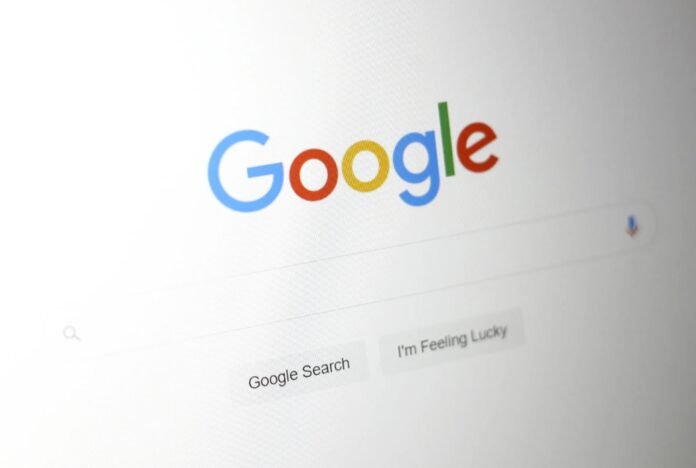Google Decides to Keep Third-Party Cookies on Its Chrome Browser: Here’s What It Means
In a significant policy shift, Google has announced that it will no longer be phasing out third-party cookies on its Chrome browser as previously planned. This decision has profound implications for web users, advertisers, and the broader digital economy. This article delves into the reasons behind Google’s decision, the potential impact on privacy and advertising, and what this means for the future of the internet.
Background on Third-Party Cookies
Third-party cookies are small pieces of data stored on a user’s browser by a website other than the one they are currently visiting. These cookies are primarily used for tracking user behavior across different sites, allowing advertisers to build detailed profiles of users and serve them targeted ads. While this has been a cornerstone of the digital advertising ecosystem, it has also raised significant privacy concerns.
Google’s Initial Plan to Phase Out Third-Party Cookies
In January 2020, Google announced its intention to phase out third-party cookies from its Chrome browser within two years. This was part of its Privacy Sandbox initiative, aimed at enhancing web privacy while still supporting the needs of advertisers. The plan was to replace third-party cookies with new privacy-preserving technologies that could still enable targeted advertising without compromising user privacy.
The Shift in Decision
However, in a surprising turn of events, Google recently announced that it would no longer be moving forward with this plan. Instead, third-party cookies will continue to be supported on Chrome. The decision was influenced by several factors:
- Industry Feedback and Concerns: Many stakeholders in the advertising industry raised concerns about the potential disruption that the removal of third-party cookies could cause. Small businesses and publishers, in particular, feared that losing this tracking mechanism could significantly impact their revenue.
- Technical Challenges: Developing and implementing alternatives to third-party cookies proved to be more complex and time-consuming than initially anticipated. The proposed solutions, such as Federated Learning of Cohorts (FLoC), faced criticism for not adequately addressing privacy concerns and potentially introducing new risks.
- Regulatory Environment: The evolving regulatory landscape around data privacy also played a role. With different regions implementing varying privacy regulations, Google needed more time to ensure that its new solutions would comply with these laws.
Impact on Privacy
The decision to retain third-party cookies has significant implications for user privacy. Privacy advocates have long criticized third-party cookies for enabling extensive tracking and profiling of users without their explicit consent. By keeping these cookies, Google is likely to face continued scrutiny from privacy regulators and advocates.
However, Google has stated that it remains committed to improving user privacy. The company plans to continue working on its Privacy Sandbox initiative and other privacy-enhancing technologies. The challenge will be to balance these efforts with the needs of advertisers and the broader digital ecosystem.
Impact on Advertising
For advertisers, the retention of third-party cookies is largely seen as a positive development. Third-party cookies have been instrumental in enabling precise targeting, measurement, and attribution of online advertising. Advertisers can continue to rely on these cookies for now, avoiding the significant disruptions that a phase-out would have caused.
However, this decision also means that the advertising industry must continue to grapple with the growing concerns around user privacy. As regulatory pressures mount, advertisers will need to adopt more transparent and privacy-friendly practices. Google’s continued work on the Privacy Sandbox could provide new tools and standards to help achieve this balance.
The Future of the Internet
Google’s decision highlights the complex and often conflicting interests at play in the digital economy. On one hand, there is a clear need to enhance user privacy and address the legitimate concerns of privacy advocates and regulators. On the other hand, the digital advertising ecosystem relies heavily on mechanisms like third-party cookies to function effectively.
The future of the internet will likely see a continued push and pull between these forces. Privacy-enhancing technologies will need to evolve to provide robust protections without undermining the economic models that support the free and open web. Collaboration between tech companies, regulators, advertisers, and other stakeholders will be crucial in finding solutions that work for everyone.
Conclusion
Google’s decision to keep third-party cookies on its Chrome browser represents a significant shift in its approach to web privacy and advertising. While it provides temporary relief to advertisers and publishers, it also underscores the ongoing challenges in balancing privacy and economic interests. The coming years will be critical in determining how these issues are resolved and what the future of the internet will look like. As Google continues to develop its Privacy Sandbox and other initiatives, the hope is that new solutions will emerge that better protect user privacy while sustaining the digital economy.



